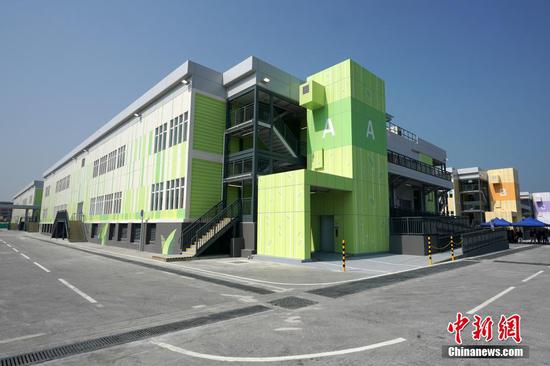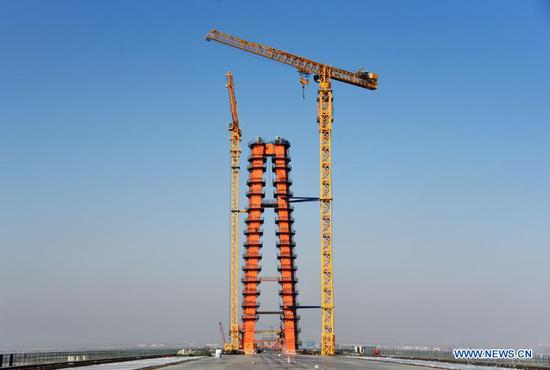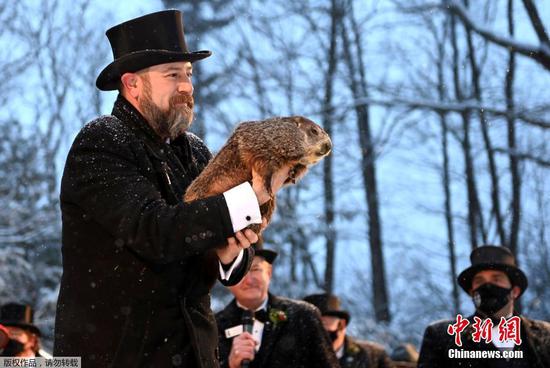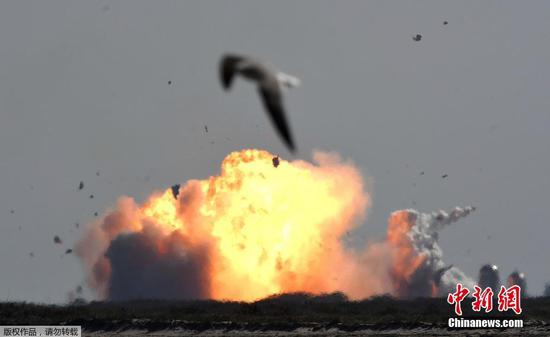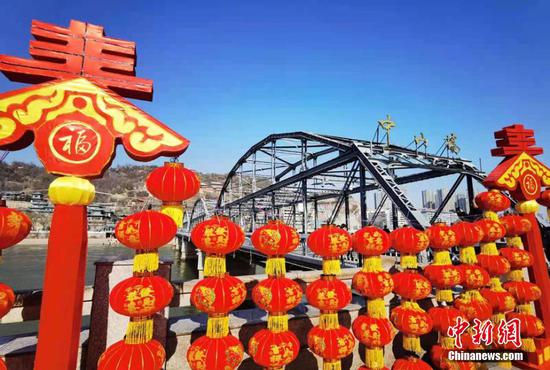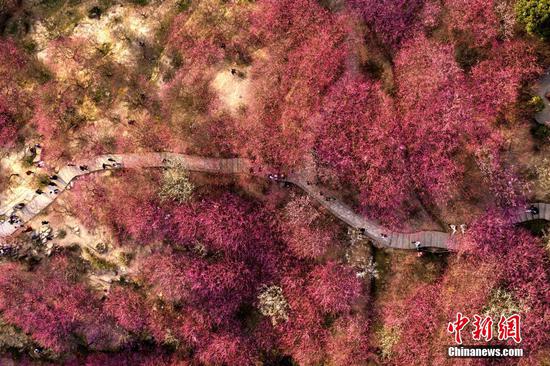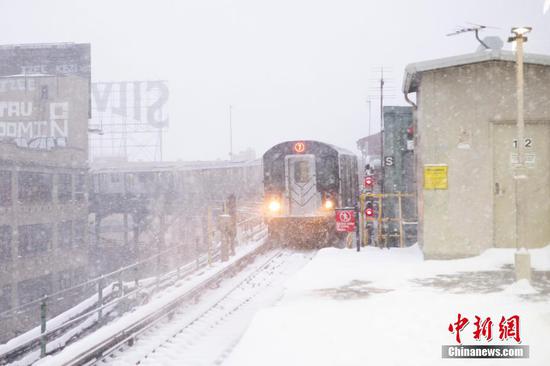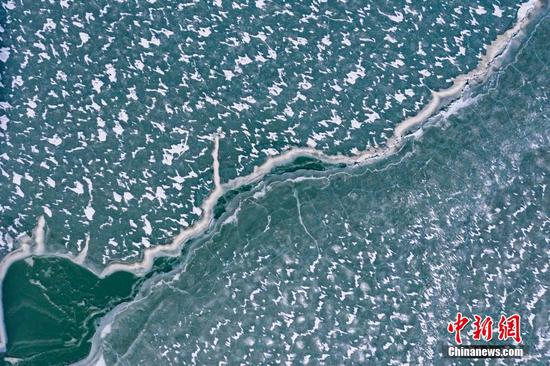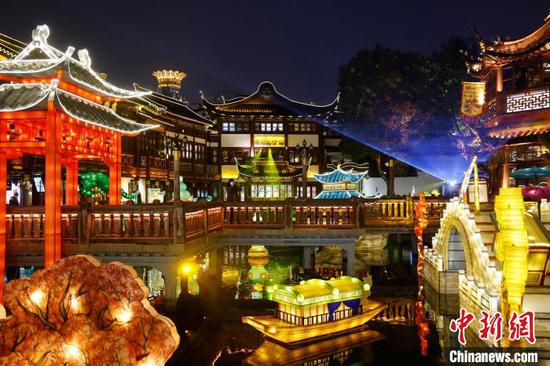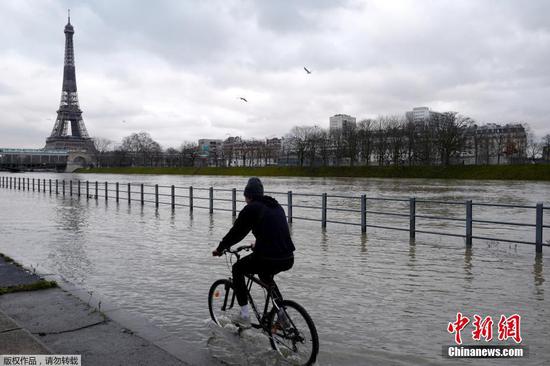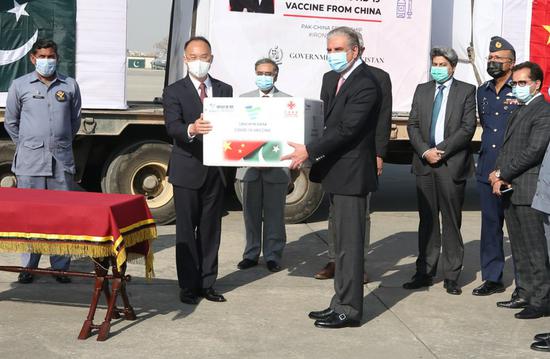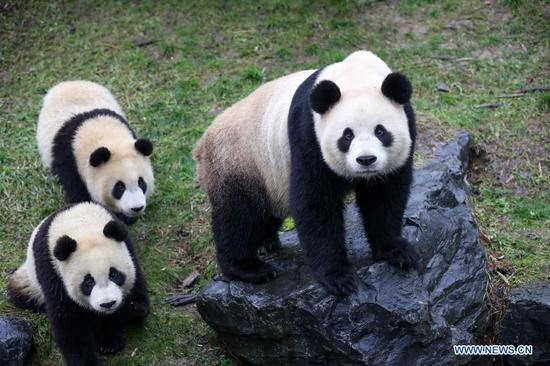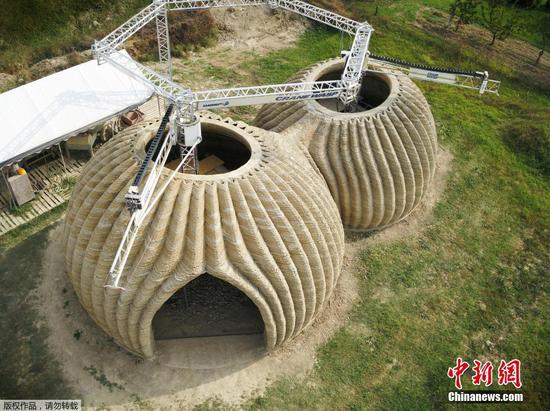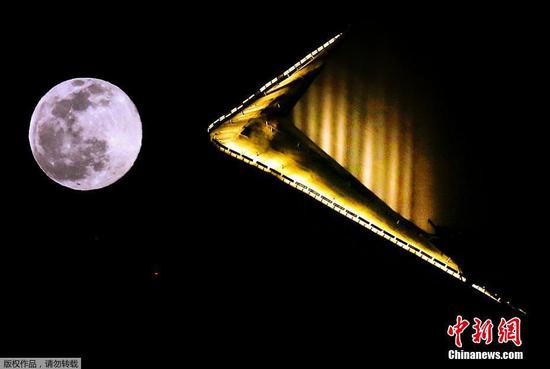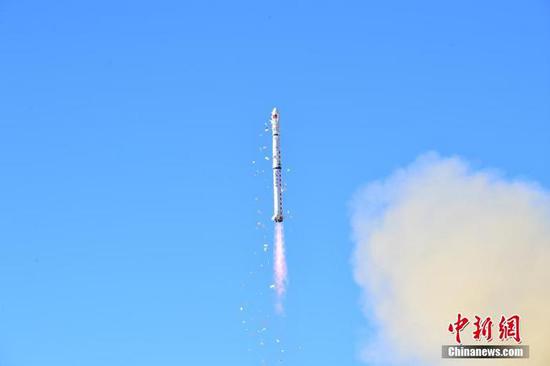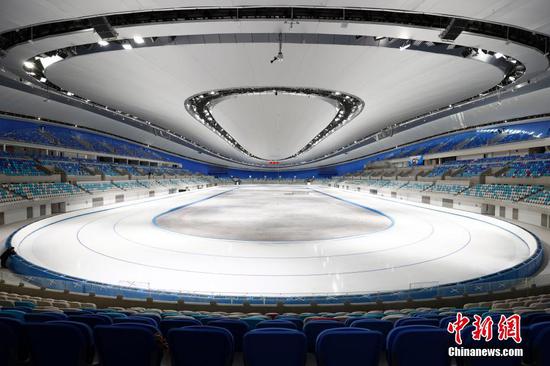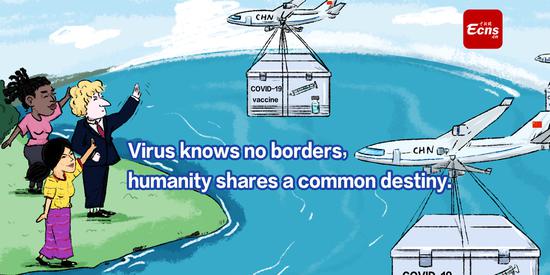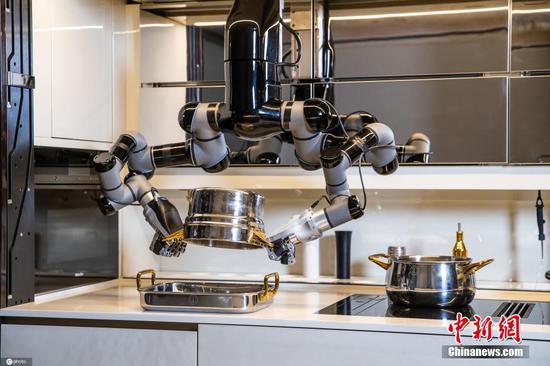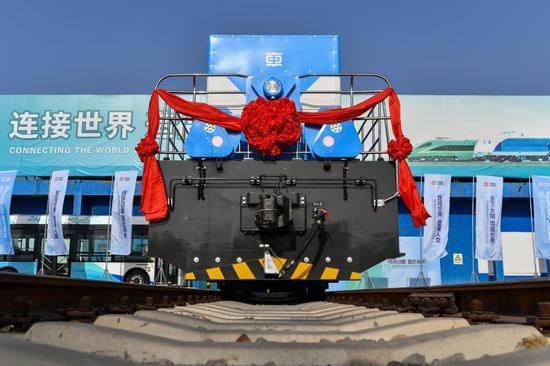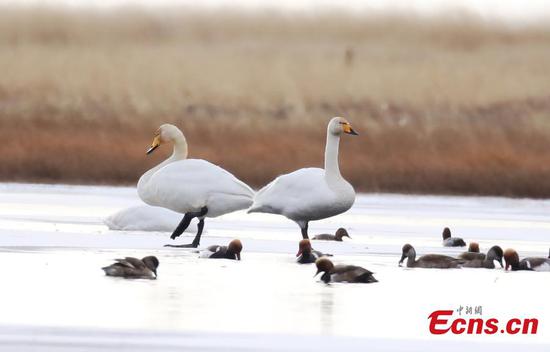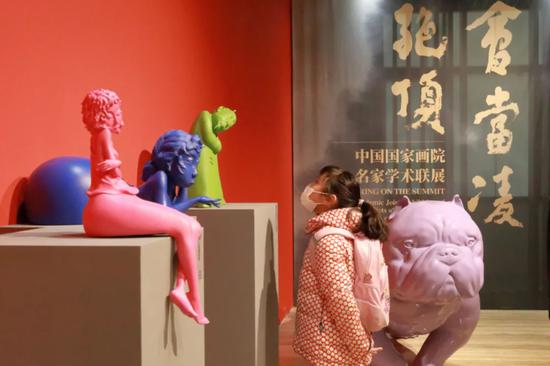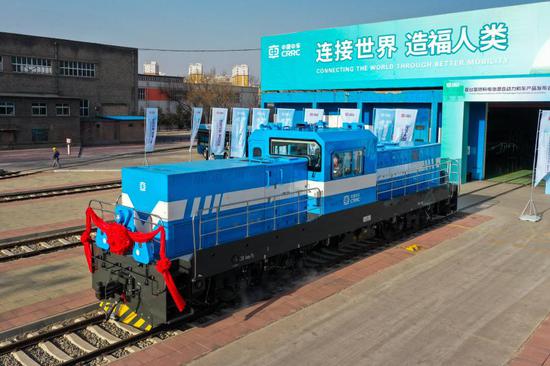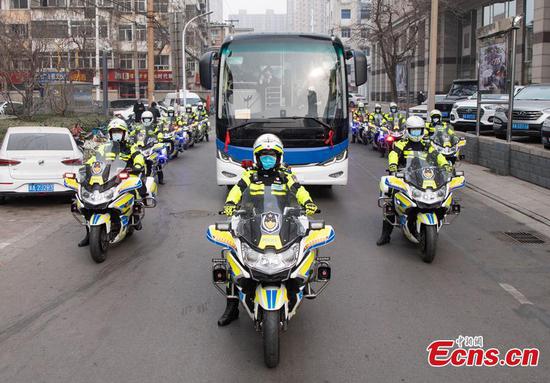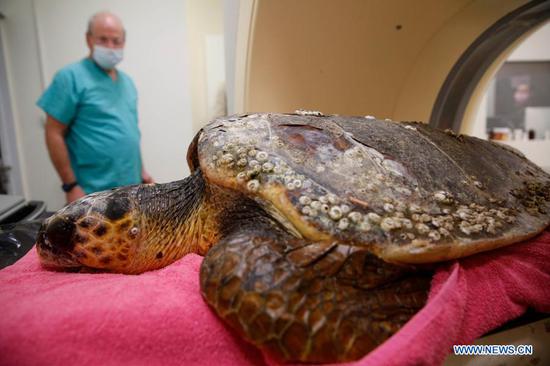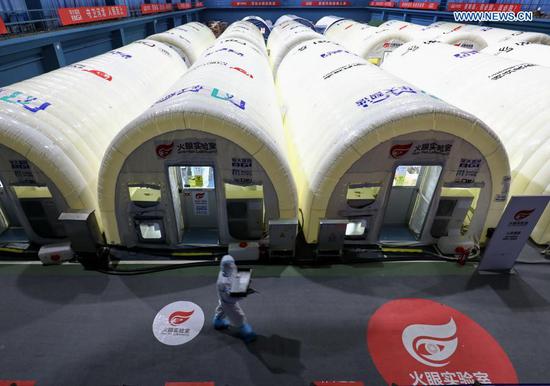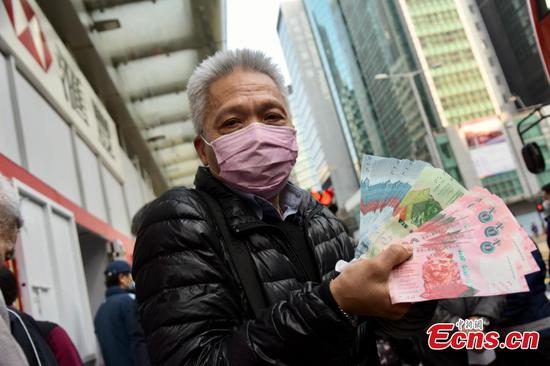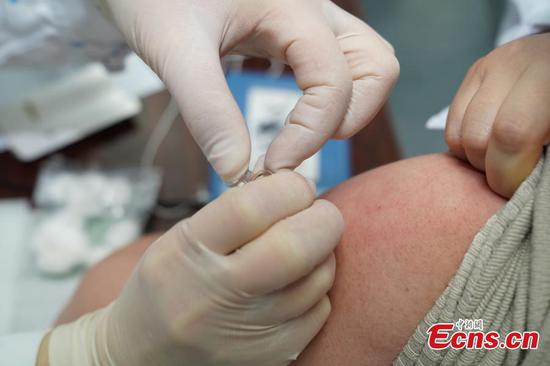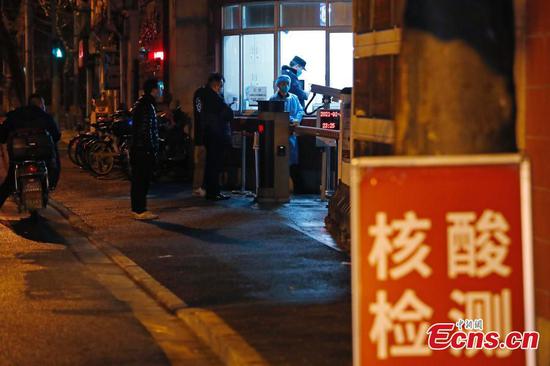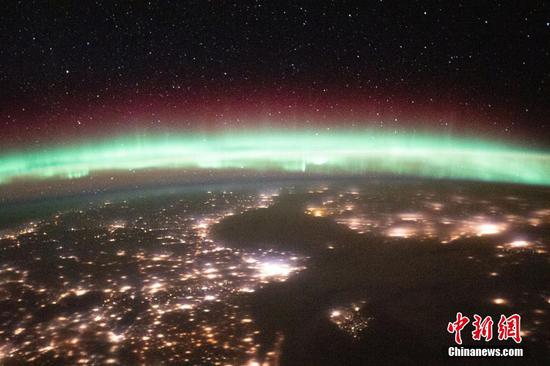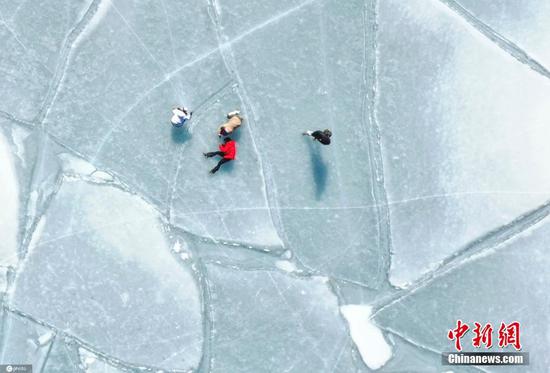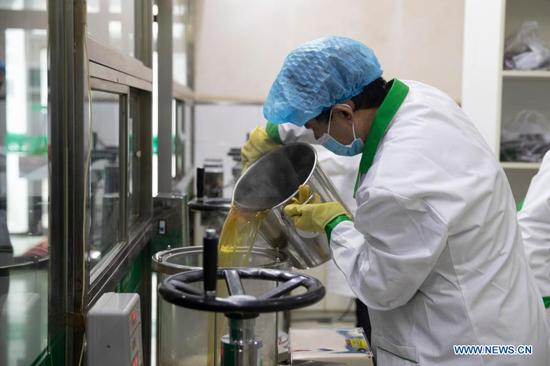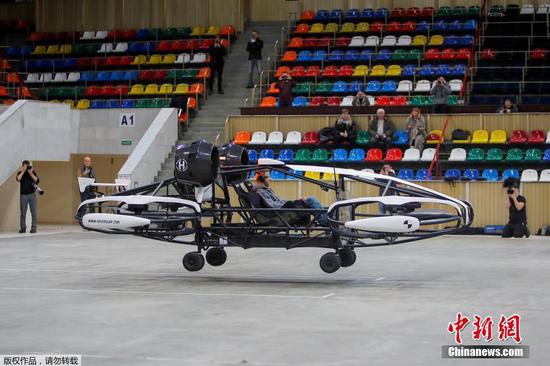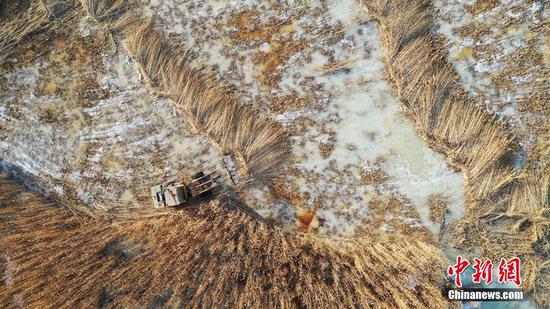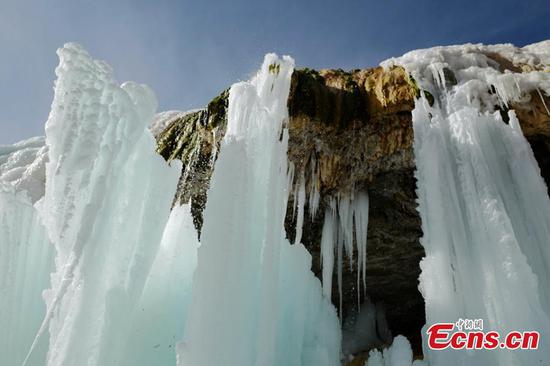The United States and Iran have recently made several statements on the former's willingness to rejoin the Joint Comprehensive Plan of Action (JCPOA), also known as the Iran nuclear deal, with both sides listing demands and creating challenges for any final agreement.
Kazem Gharibabadi, ambassador and permanent representative of Iran to the United Nations, tweeted on Tuesday that Iran has installed new and more advanced centrifuges at its two main nuclear sites, adding that "there's more to come."
U.S. Secretary of State Antony Blinken said last Wednesday that the United States will only return to the Iran nuclear deal once Tehran meets its commitments, warning of a long road ahead. He also rejected earlier pressure from Iran for Washington to act first.
THE 2015 DEAL
The JCPOA was reached in 2015 between Iran and the P5+1 (the five permanent members of the UN Security Council -- the United States, Britain, Russia, France, China, plus Germany) and the European Union. Tehran agreed to roll back parts of its nuclear weapons program in exchange for decreased economic sanctions.
It came after years of tension over Iran's alleged efforts to develop a nuclear weapon.
According to the accord, Iran could refine uranium only at its main enrichment site -- an underground plant at Natanz -- with first-generation IR-1 centrifuges. However, Iran in 2020 started enriching at the site with a cluster of much more efficient IR-2m machines.
It was in 2019 that Tehran stopped implementing parts of its obligations under the JCPOA, a year after the United States withdrew from the deal. Hostilities between the two countries were escalated after Qassem Soleimani, former commander of the Quds Force of the Islamic Revolution Guards Corps, was killed by a U.S. air strike in 2020.
"Two cascades of 348 IR2m centrifuges with almost 4 times the capacity of IR1 are now running with UR6 successfully in Natanz. Installation of 2 cascades of IR6 centrifuges has also been started in Fordow," said Gharibabadi on Twitter.
WAVERING U.S. POLICY
Former President of the United States Donald Trump pulled Washington out of the JCPOA in May 2018 and unilaterally re-imposed economic sanctions, old and new, on Tehran.
Iranian Foreign Minister Mohammad Javad Zarif in January described the policy of the previous U.S. administration on Iran as "maximum failure," official news agency IRNA reported.
Soon after Joe Biden was inaugurated as the 46th U.S. president, Blinken as his top diplomat reaffirmed the new administration's declared policy that Washington would rejoin the 2015 international agreement on Iran's nuclear program if Tehran came back into full compliance.
The Iranian side has urged the U.S. incumbent administration to unconditionally remove sanctions as the first step to reviving the JCPOA, stressing the necessity to limit the deal scope to nuclear issues.
The Biden administration "should begin by unconditionally removing, with full effect, all sanctions imposed, reimposed, or relabeled since Trump took office. Then, Iran would reverse all the remedial measures it has taken in the wake of Trump's withdrawal from the nuclear deal," Zarif wrote in Foreign Affairs magazine.
COORDINATION NEEDED
Iran is not holding any meeting with U.S. representatives until Washington effectively lifts its sanctions on Iran, a spokesman for the Iranian Foreign Ministry said on Monday.
"We will not have any bilateral dialogue with Washington. The U.S. must first act by what it has said, that is, effectively implementing the lifting of the sanctions and complying with United Nations Security Council Resolution 2231," Saeed Khatibzadeh stated at his weekly press briefing.
In an interview on Monday, Zarif told the media that the EU could play a mediating role in the current standoff, suggesting EU Foreign Affairs Minister Josef Borrell could coordinate a synchronized return of both Tehran and Washington to the fold.
"There can be a mechanism to basically either synchronize it or coordinate what can be done," he said, quoted by CNN.
Earlier in January, Iranian Foreign Ministry urged Britain, France and Germany to "implement their obligations" pertaining to the JCPOA.









